
Legislative Action Alert: Oregon's Small Farms Need Your Help
As the Oregon legislature nears the end of its 2023 session, there are several bills affecting small farmers that need your help to get over the finish line successfully. (Click on the action link at the end of each item.)
Oregon Agricultural Heritage Program (HB 3366): This bipartisan program, known as OAHP, helps farmers and ranchers protect their land while keeping it in production, supports rural communities, and helps Oregon leverage unprecedented federal funding. In the first grant cycle, OAHP protected more than 12,400 acres of working land across Oregon. The Oregon Watershed Enhancement Board (OWEB) requested $10.8 million in grant and administrative funding for the 2023-2025 biennium, but that funding was not included in the Governor's budget. Contact your legislators today and ask them to support this program at the link below.
ACTION LINK: Tell your legislators to fund the Oregon Agricultural Heritage Program.
Healthy Soils Bill (HB 2998): This bill leverages federal funding and existing programs to expand resources to support farmers and ranchers with soil health practices that make the most sense for their land and businesses. The Healthy Soils Bill is important in meeting the needs of farmers and ranchers, and addressing the climate crisis. We are at a critical time in the legislative session where funding for many bills, including the Healthy Soils Bill, is being determined. Your advocacy right now could make a real difference for the success of this bill so please contact key legislators to urge them to fund the Healthy Soils Bill.
Canola Bill (SB 789): In a parliamentary move attempting to waylay this bill, the House Ag Committee held a work session resulting in this being moved to the House Rules Committee instead of going to the House Floor for a vote. It is more important than ever that constituents make their voices heard to get this bill passed in this legislative session. We need to maintain the current 500-acre canola cap in the Willamette Valley in order to protect brassica specialty seed production.
Support for Farmers Transitioning to Organic (SB 1058): Oregon is ideally situated to be a leader in the rapidly growing organic industry, which surpassed $60 billion in 2022, but will need to make both public and private investments in order to fully actualize this opportunity. Organic farmers are subject to third party verification, rigorous certification processes, and federal standards that mandate practices which, among other benefits, creates the healthy soils found on organic farms. Certification takes three years and is a considerable economic burden on organic farmers that conventional farmers are not subject to. Given the triple bottom line benefits organic can bring Oregon, investments in organic farming and transitioning to organic are smart policy moves.
Thanks to Friends of Family Farmers (FoFF) for these legislative alerts and links.
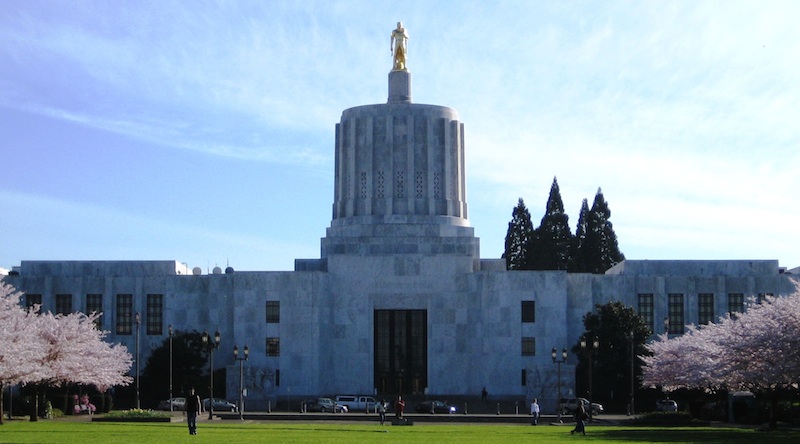
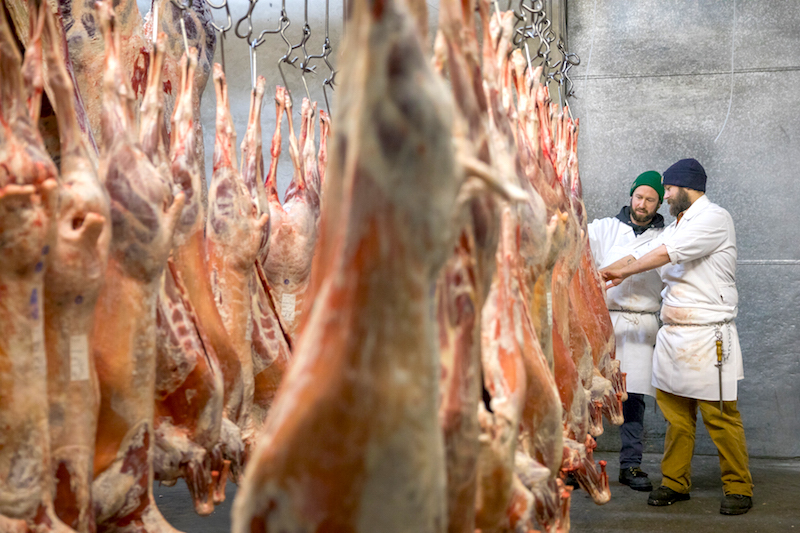
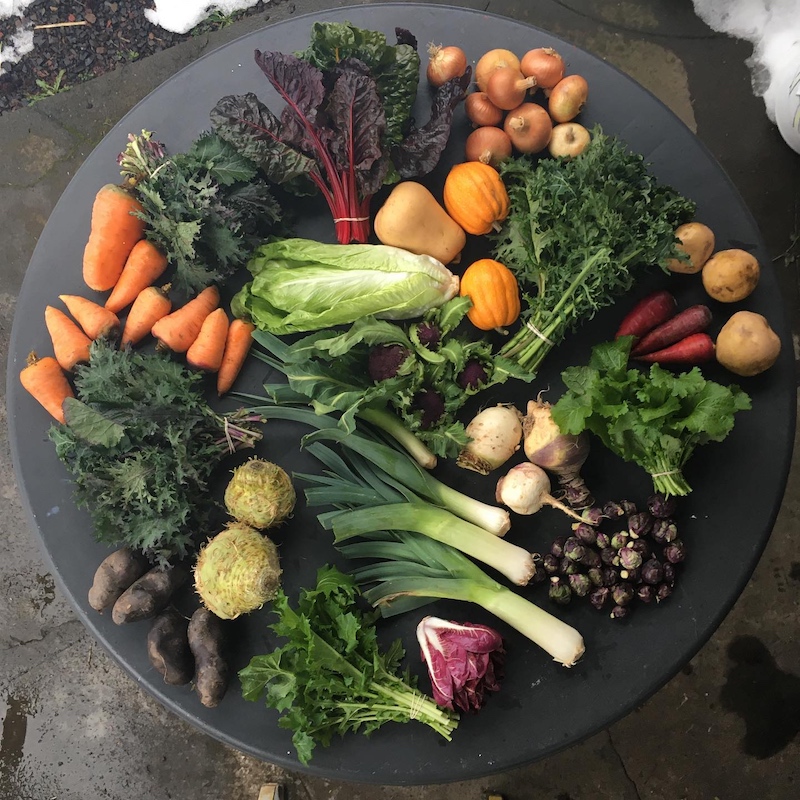
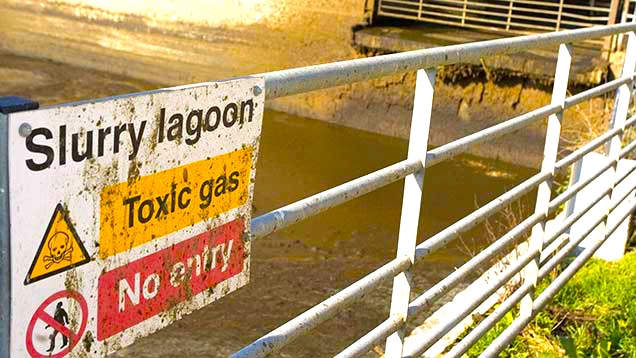

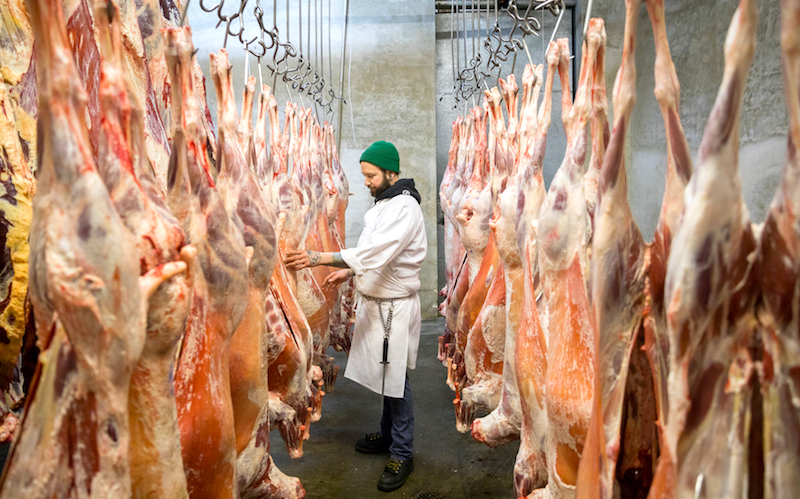
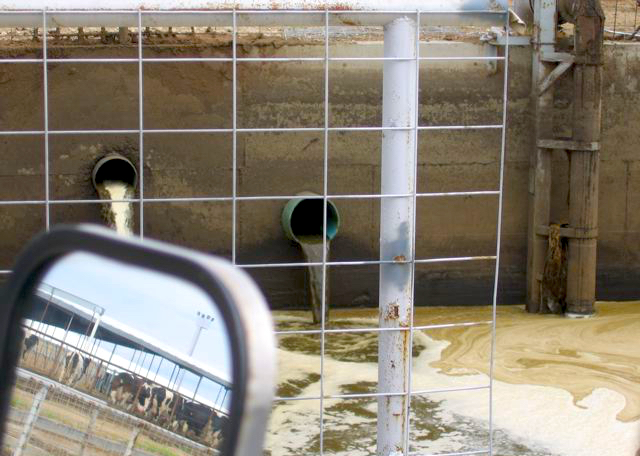
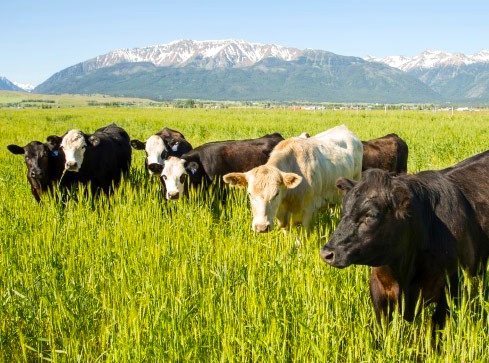
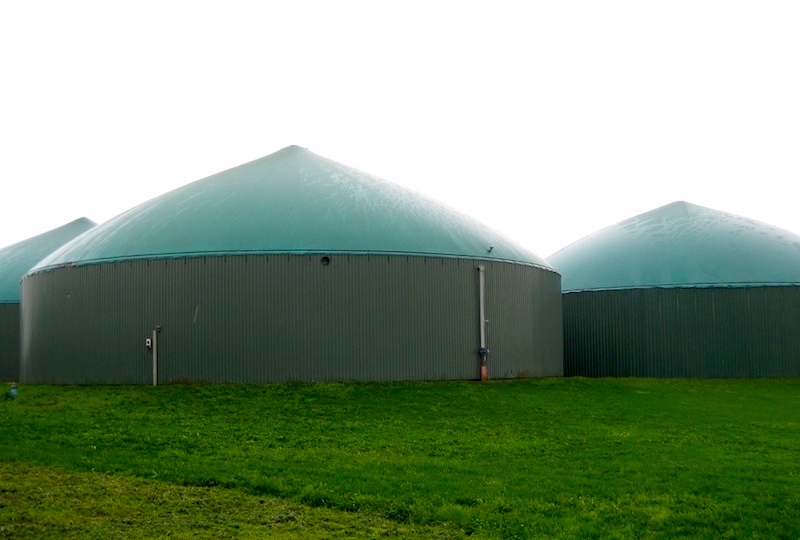
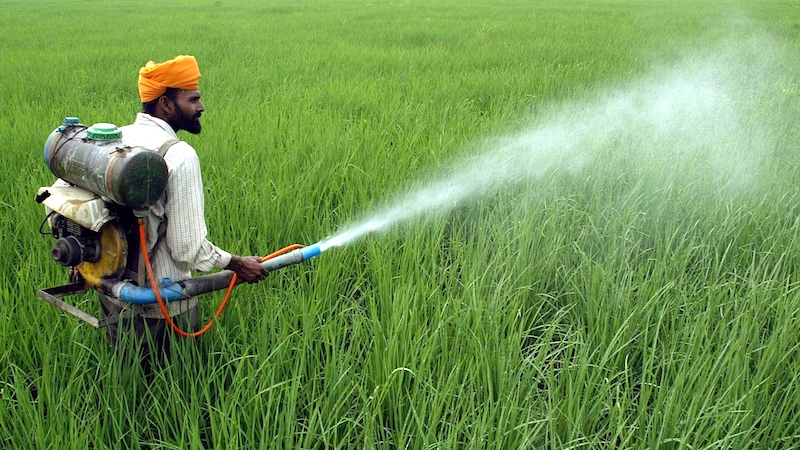
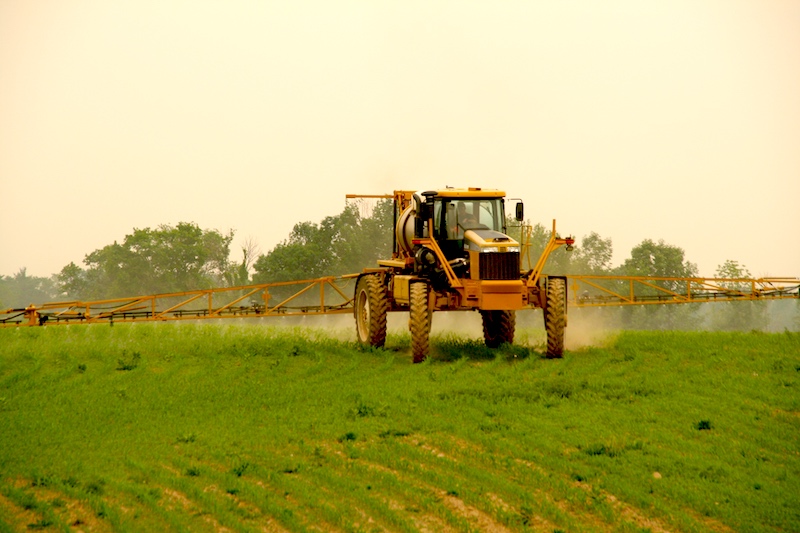
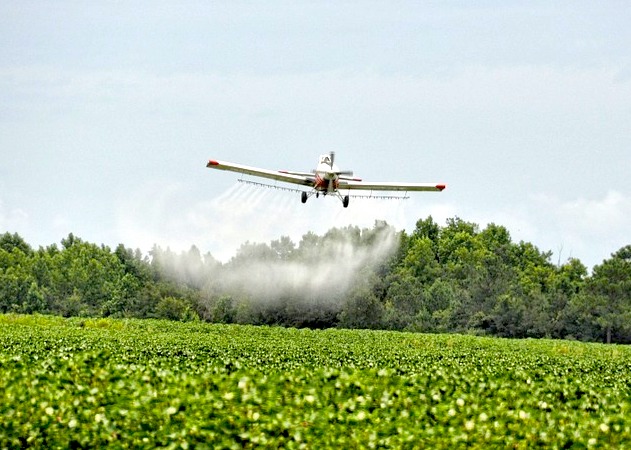
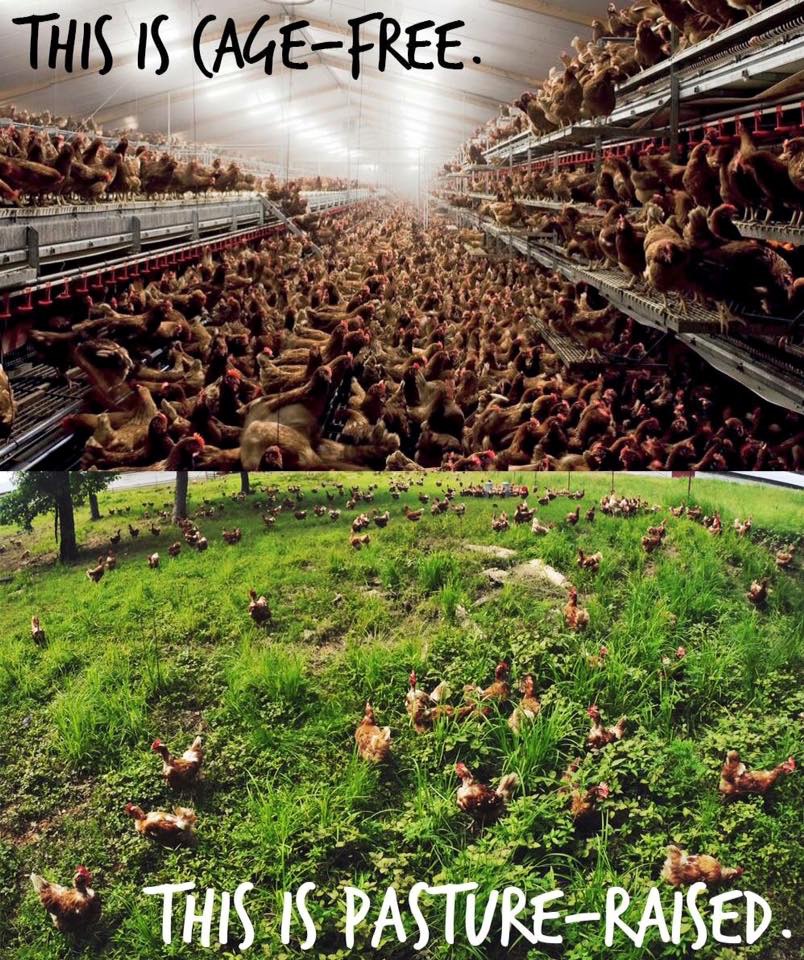 And it's about to get a lot worse unless you act now.
And it's about to get a lot worse unless you act now.